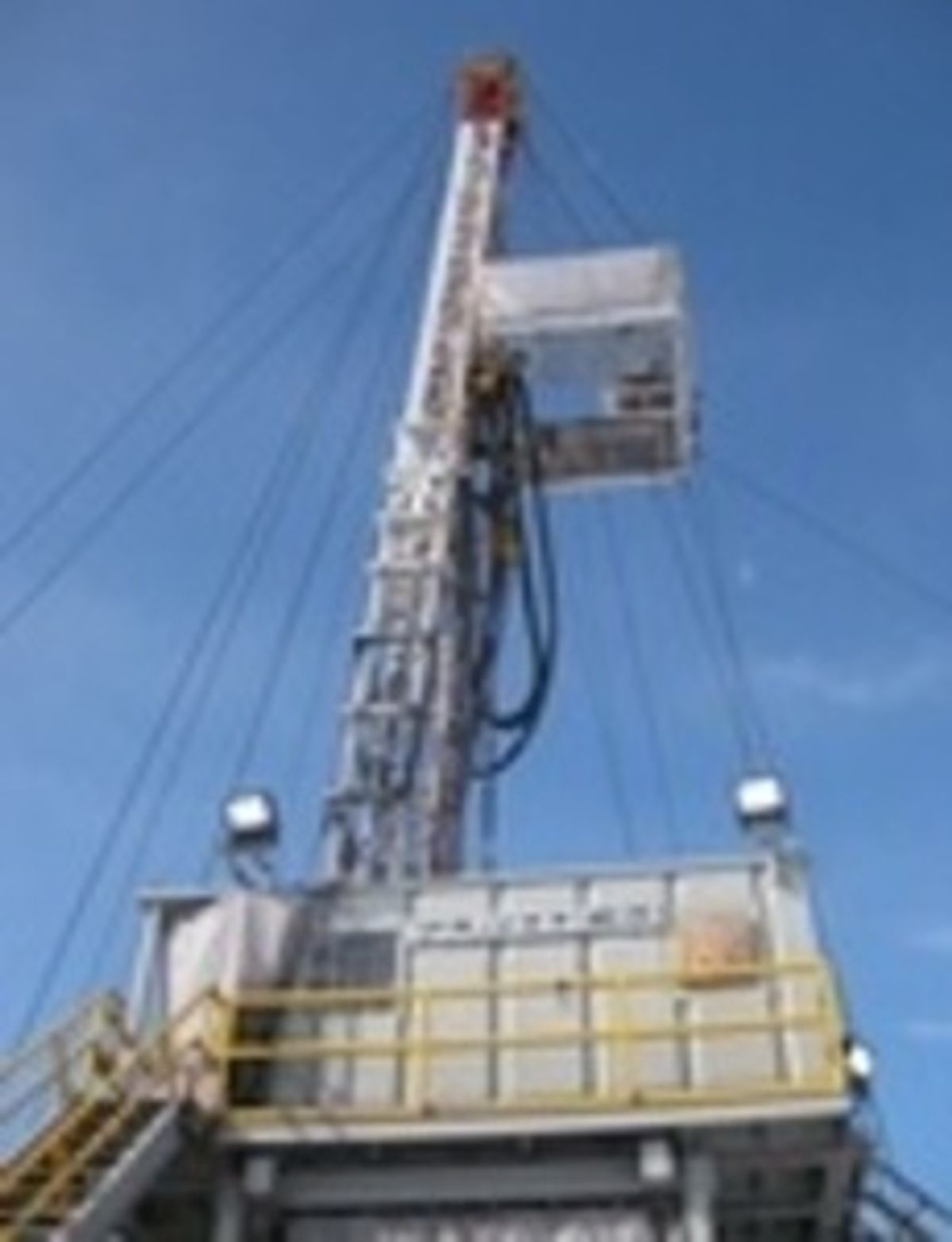In a recent post I raised the question of whether the boom in U.S. shale gas, which has prompted the industry to widely advertise gas as a bridge to a green energy future, could actually discourage urgently needed R&D in alternative energy technologies, including clean coal.* A paper just posted by researchers at MIT raises the same question, but of course with much more intellectual rigor and documentation.
The report, "The Influence of Shale Gas on U.S. Energy and Environmental Policy," by Henry D. Jacoby, Francis M. O’Sullivan and Sergey Paltseva, appears in the journal The Economics of Energy & Environmental Policy. A press release about the report issued by MIT emphasizes the potential deleterious effect that fast-growing dependence on natural gas could have on R&D in solar and wind energy. But the paper itself emphasizes the unfortunate impact it might have on development of carbon capture and sequestration technologies.
Here is the salient concluding paragraph of the paper: "[T]he gas 'revolution' has important implications for the direction and intensity of national efforts to develop and deploy low-emission technologies, like CCS [carbon capture and storage] for coal and gas. With nothing more than regulatory policies of the type and stringency simulated here there is no market for these technologies, and the shale gas reduces interest even further. Under more stringent GHG [greenhouse gas] targets these technologies are needed, but the shale gas delays their market role by up to two decades. Thus in the shale boom there is the risk of stunting these programs altogether. While taking advantage of this gift in the short run, treating gas a 'bridge' to a low-carbon future, it is crucial not to allow the greater ease of the near-term task to erode efforts to prepare a landing at the other end of the bridge."
______________________________________________________
* Note: Chris, commenting on that post, takes me to task for saying that neither of two ongoing U.S. clean coal projects provides for actually capturing or storing carbon dioxide. To the contrary, says Chris, the "Kemper plant [in Mississippi] is set up to capture and sequester CO2. In fact, they have entered into a long term CO2 purchase agreement with Denbury Resources." I must have looked at somewhat obsolete literature about Kemper and am grateful to Chris for the correction.



